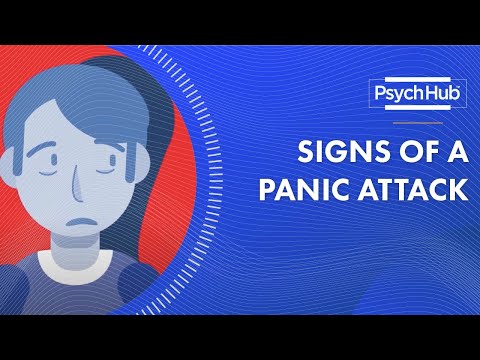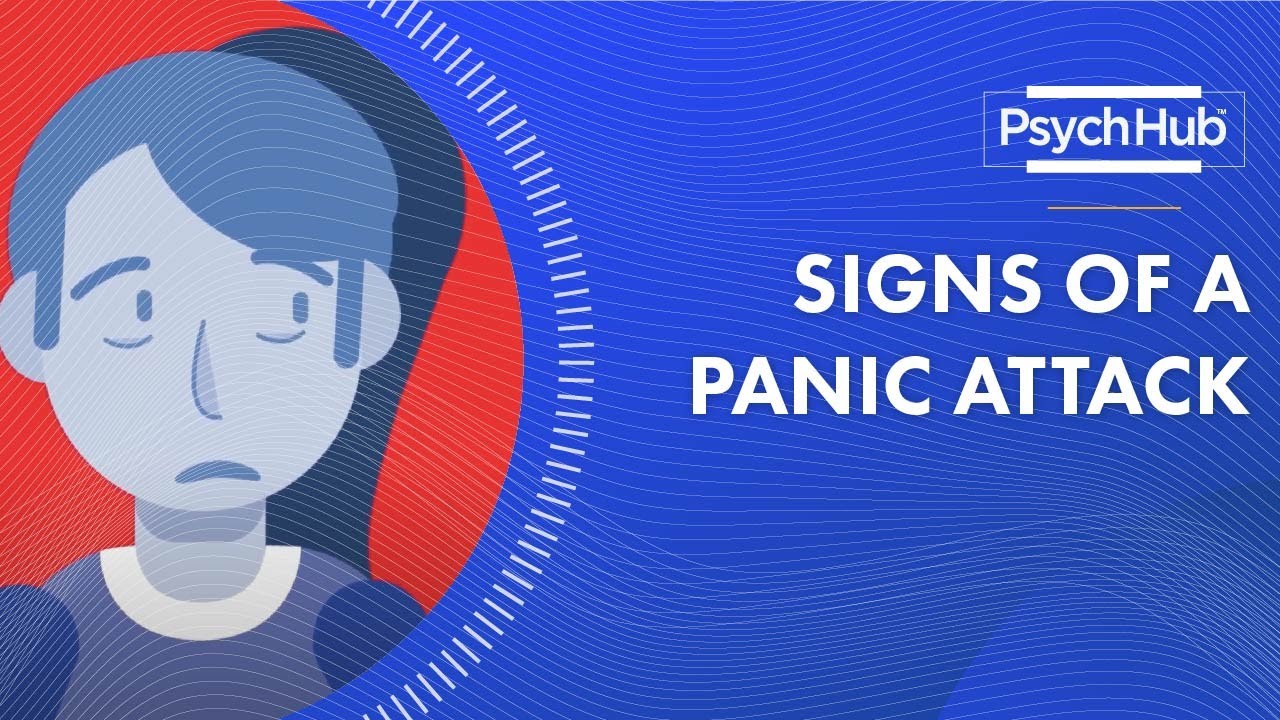Anxiety attacks can be a daunting experience, unveiling a whirlwind of intense emotions and physical sensations that can leave you feeling overwhelmed and out of control. As adrenaline courses through your veins, your heart races, and your breath quickens, it’s as if your body is on high alert, preparing for an imminent threat. Meanwhile, your mind is consumed by a barrage of irrational thoughts and worst-case scenarios, fueling the sense of impending doom. The feeling of isolation intensifies as you struggle to communicate the indescribable discomfort you are experiencing, fearing that others may not understand or judge you. However, amidst the turbulence, there is hope. By unraveling the intricate web of anxiety, we can gain insight into the triggers and coping mechanisms that can help regain control over our lives. Understanding the physiological and psychological mechanisms behind anxiety attacks can empower us to challenge and overcome them. Together, we can navigate this complex journey, shed light on the darkness, and foster a sense of empowerment and resilience. Don’t let anxiety define you; take the first step towards reclaiming your peace of mind.

Understanding the Anatomy of an Anxiety Attack
| Stage | Symptoms | Description |
|---|---|---|
| 1 | Increased Heart Rate | During an anxiety attack, a surge of adrenaline triggers the body’s “fight or flight” response, leading to a rapid heartbeat. |
| 2 | Shortness of Breath | Breathing becomes shallow and rapid, as the body prepares for a potential threat. This can cause feelings of suffocation and intensify anxiety. |
| 3 | Chest Tightness | Many individuals experience a sense of constriction in the chest area, often described as feeling like a heavy weight or pressure. |
| 4 | Dizziness | As anxiety escalates, blood vessels constrict, leading to decreased blood flow to the brain, which can result in dizziness or lightheadedness. |
| 5 | Sweating | The body’s natural response to stress is to cool down, leading to excessive perspiration, even in cool environments. |
| 6 | Trembling | Anxiety can cause muscles to tense up, leading to involuntary shaking or trembling, often most noticeable in the hands or legs. |
| 7 | Intense Fear or Panic | Anxiety attacks are typically accompanied by an overwhelming sense of fear or panic, often without any discernible triggering event. |
| 8 | Thoughts of Losing Control | Individuals may experience intrusive thoughts of losing control, going crazy, or dying during an anxiety attack, further amplifying distress. |
| 9 | Difficulty Concentrating | Anxiety can impair cognitive function, making it challenging to focus, remember details, or engage in tasks requiring mental clarity. |
| 10 | Exhaustion | After an anxiety attack, individuals often feel drained and fatigued, both mentally and physically, due to the intense physiological response. |
Unveiling the Indicators: A Glimpse into Panic Attacks
Understanding Anxiety Attacks: What Happens During an Episode
Anxiety attacks, also known as panic attacks, are intense episodes of fear and anxiety that can be debilitating for those who experience them. These attacks can occur suddenly and without warning, leaving individuals feeling overwhelmed and frightened. Understanding what happens during an anxiety attack can help both those who suffer from them and their loved ones better manage and support during these challenging moments.
The Physical Symptoms
Anxiety attacks can manifest in a variety of physical symptoms that can be distressing and alarming for the individual experiencing them. Common physical symptoms include:
1. Rapid Heartbeat: During an anxiety attack, the heart may start racing, pounding, or skipping beats. This increase in heart rate can cause further distress and make the individual feel as though they are having a heart attack.
2. Shortness of Breath: Many individuals experiencing an anxiety attack report difficulty breathing or feeling as though they cannot get enough air. This sensation can lead to hyperventilation and intensify feelings of panic.
3. Sweating: Profuse sweating is another common physical symptom of anxiety attacks. The body’s stress response triggers the release of sweat as a means to cool down, but during an anxiety attack, this response can be excessive.
4. Chest Pain: Chest pain or discomfort is a frequent symptom of anxiety attacks. Individuals may experience tightness, pressure, or aching in their chest, often leading them to believe they are having a heart attack.
5. Trembling or Shaking: Anxiety attacks can cause uncontrollable trembling or shaking in various parts of the body. This physiological response is a result of the body’s fight-or-flight reaction to perceived danger.
The Psychological Impact
While anxiety attacks are primarily characterized by physical symptoms, the psychological impact cannot be overlooked. The intense fear and overwhelming sense of doom that accompanies an anxiety attack can be traumatizing and disrupt an individual’s daily life.
1. Overwhelming Fear: During an anxiety attack, individuals may experience an overwhelming sense of fear or impending doom. This fear can be so intense that it feels as though it is consuming them entirely.
2. Disconnection from Reality: Anxiety attacks can lead individuals to feel detached from reality. They may experience a sense of unreality or feel as though they are observing themselves from outside their body.
3. Catastrophic Thinking: Many individuals experiencing an anxiety attack engage in catastrophic thinking. They may believe that the worst possible outcome is inevitable and obsess over worst-case scenarios.
4. Loss of Control: Anxiety attacks can make individuals feel as though they have lost control over their thoughts, emotions, and physical sensations. This loss of control can further intensify feelings of fear and panic.
5. Avoidance Behaviors: In an attempt to prevent future anxiety attacks, individuals may develop avoidance behaviors. They may avoid situations, places, or triggers that they associate with previous episodes, leading to a restricted and limited life.
Managing Anxiety Attacks
While anxiety attacks can be overwhelming, there are strategies and techniques that individuals can use to manage and cope with these episodes.
1. Deep Breathing: Deep breathing exercises can help individuals regain control over their breath and reduce feelings of panic. By taking slow, deep breaths in through the nose and out through the mouth, individuals can activate the body’s relaxation response.
2. Grounding Techniques: Grounding techniques involve focusing on the present moment to help individuals feel more connected and grounded. This can be done by engaging the senses, such as touching a textured object or listening to calming music.
3. Seeking Support: It is essential for individuals experiencing anxiety attacks to seek support from loved ones, friends, or mental health professionals. Sharing their experiences and feelings can provide validation and help develop coping mechanisms.
4. Cognitive-Behavioral Therapy (CBT): CBT is a highly effective therapy for managing anxiety attacks. It focuses on identifying and challenging negative thought patterns and replacing them with more realistic and positive ones.
5. Medication: In some cases, medication may be prescribed to help manage anxiety attacks. Antidepressants, anti-anxiety medications, and beta-blockers are among the medications commonly used to treat anxiety disorders.
Supporting Those with Anxiety Attacks
Support from loved ones is crucial for individuals experiencing anxiety attacks. Here are some ways to provide support:
1. Educate Yourself: Educating yourself about anxiety disorders and understanding what happens during an anxiety attack can help you empathize and support your loved one better.
2. Be Non-Judgmental: It is important to create a non-judgmental and safe space for your loved one to express their feelings and experiences without fear of criticism or judgment.
3. Encourage Professional Help: Encourage your loved one to seek professional help if they haven’t already. Offer to assist them in finding a suitable therapist or accompanying them to appointments.
4. Learn Their Triggers: Understanding your loved one’s triggers can help you avoid situations or topics that may exacerbate their anxiety. This knowledge allows you to provide support and create a more comfortable environment for them.
5. Be Patient and Understanding: Anxiety attacks can be frustrating and challenging for both the person experiencing them and their loved ones. Practice patience and understanding, reminding your loved one that you are there for them unconditionally.
In conclusion, anxiety attacks are distressing episodes characterized by intense fear and physical symptoms. By understanding what happens during an anxiety attack, individuals and their support systems can work together to manage and cope with these challenging moments.

